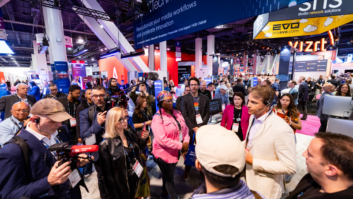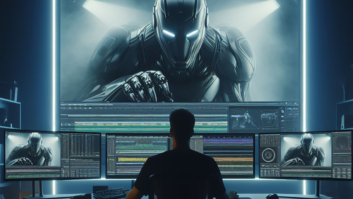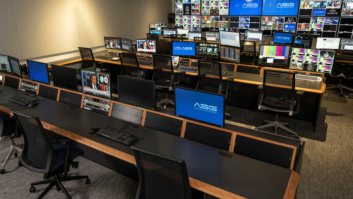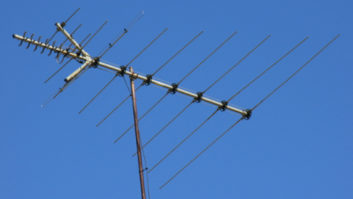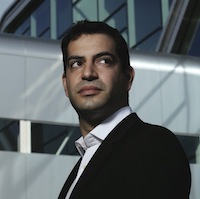
In the UK, the red button on the TV remote is a tried and tested way to navigate to deeper layers of content and so it is likely no surprise that the BBC’s general manager of programme and on-demand, Dan Danker, has decided to leverage the Red Button into the connected world.
“The road map is to take the red button across screens. I call it the new connected red button,” Danker said to a Forum audience at the Search and Discovery in the Connected World: The New Curation session.
“The next time you press red you will have access to what is on the BBCiPlayer (VoD service) but you won’t realise that is what is happening,” explained Danker.
“You will be able to get to a recipe if you are watching a food related programme or, as we did during the Olympics, you will be able to switch between streams and you won’t really know the difference of what is broadcast or what’s connected TV,” Danker continued. “In essence, TV becomes the menu and we think that is extremely powerful experience that everyone can understand.”
In the UK the function of the red button has developed an orthodoxy but there are plenty of other search and discovery solutions – from Tivo, to app guides on connected TVs, to online video companies like Netflix and Lovefilm, not to mention Google and Apple – all jockeying for position.
For Tivo the unique selling point is the user experience, said Jason Wong, director of product marketing for Tivo. “A third of our customers feel that they have more content than on a traditional platform because of how the content is surfaced.”
But how content is searched across devices is still the subject of work by many companies and Kemal Altinas senior manager for smart TV at LG said that how you combine mobile TV and TV search is something that the company is “looking into”.
So are Google’s search capabilities a threat to more traditional providers? “Google does a fantastic job at search but television isn’t only about simple search like I search for ‘house’ and get house prices, but if I am searching for TV I want to get the TV show House,” Altinas pointed out. “The challenge for Google is they haven’t married their search with linear TV content that people spend the lion’s share of their time watching. The key is to be able to marry the linear TV with the over the top content and until they – or anyone else- do that they won’t be a major player in the TV space.”
